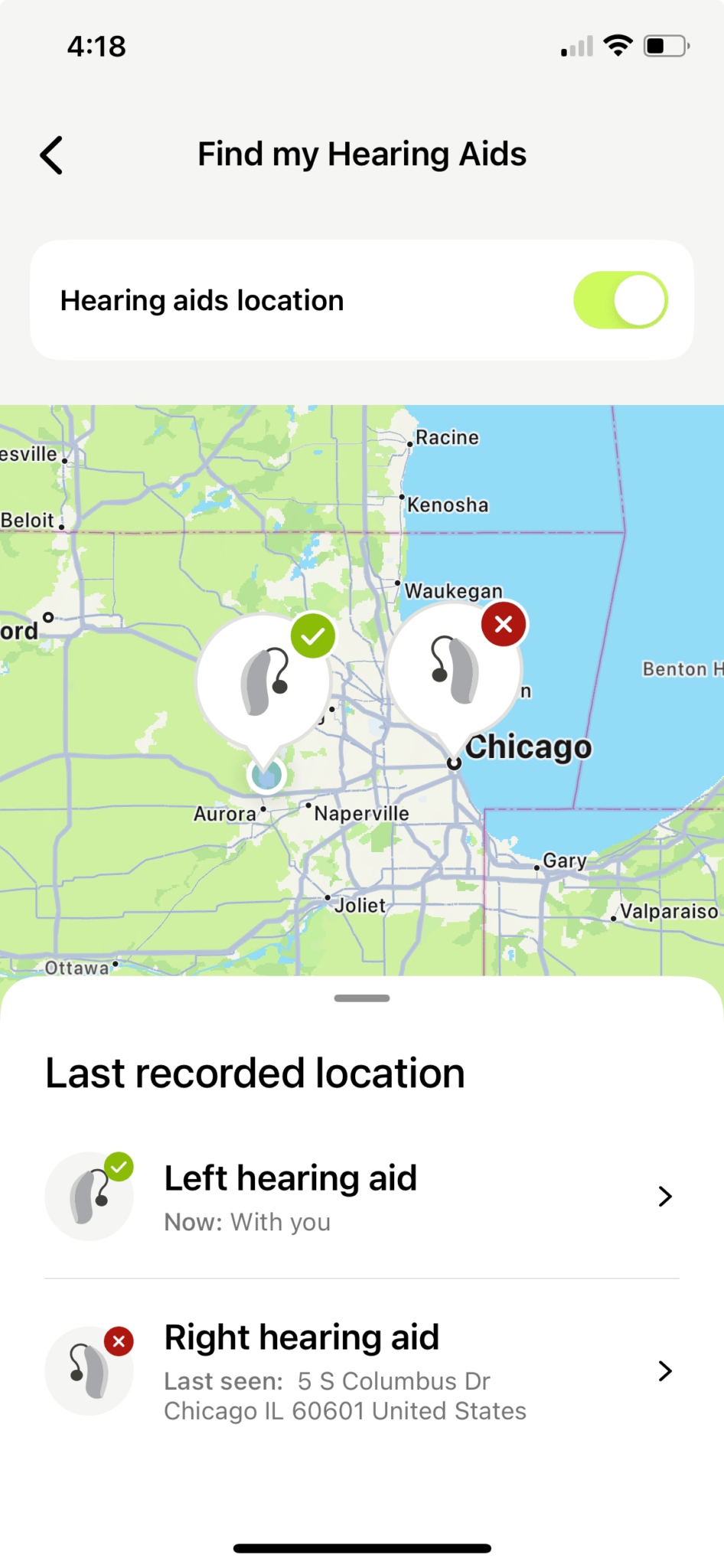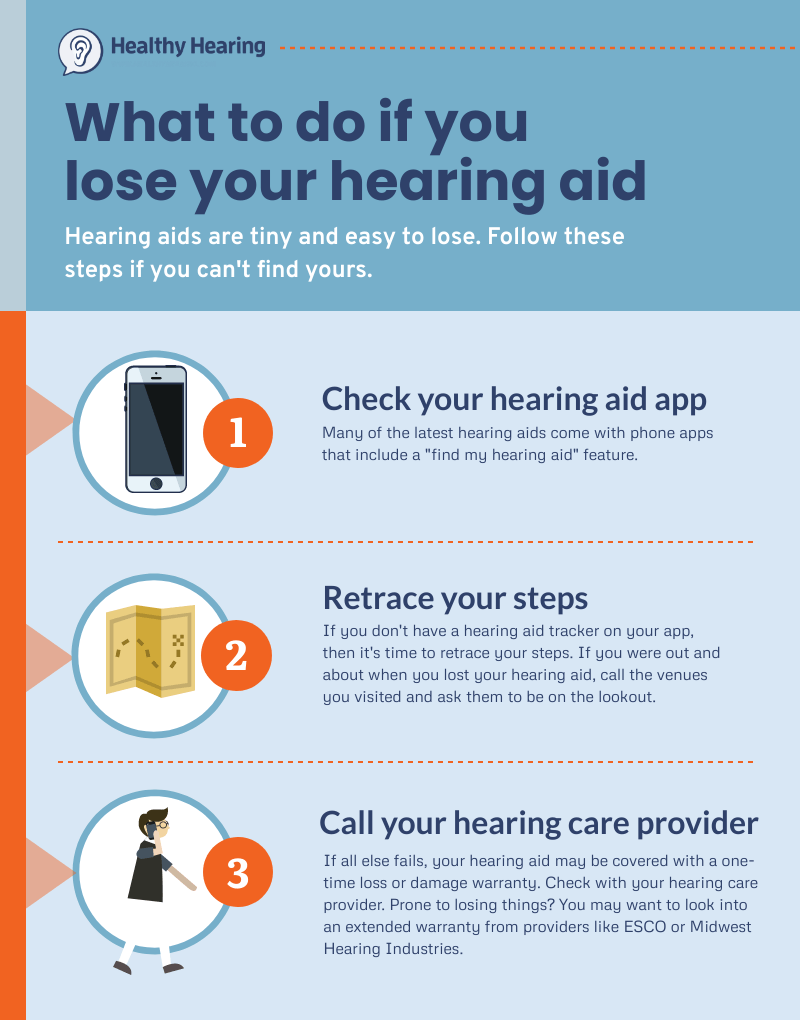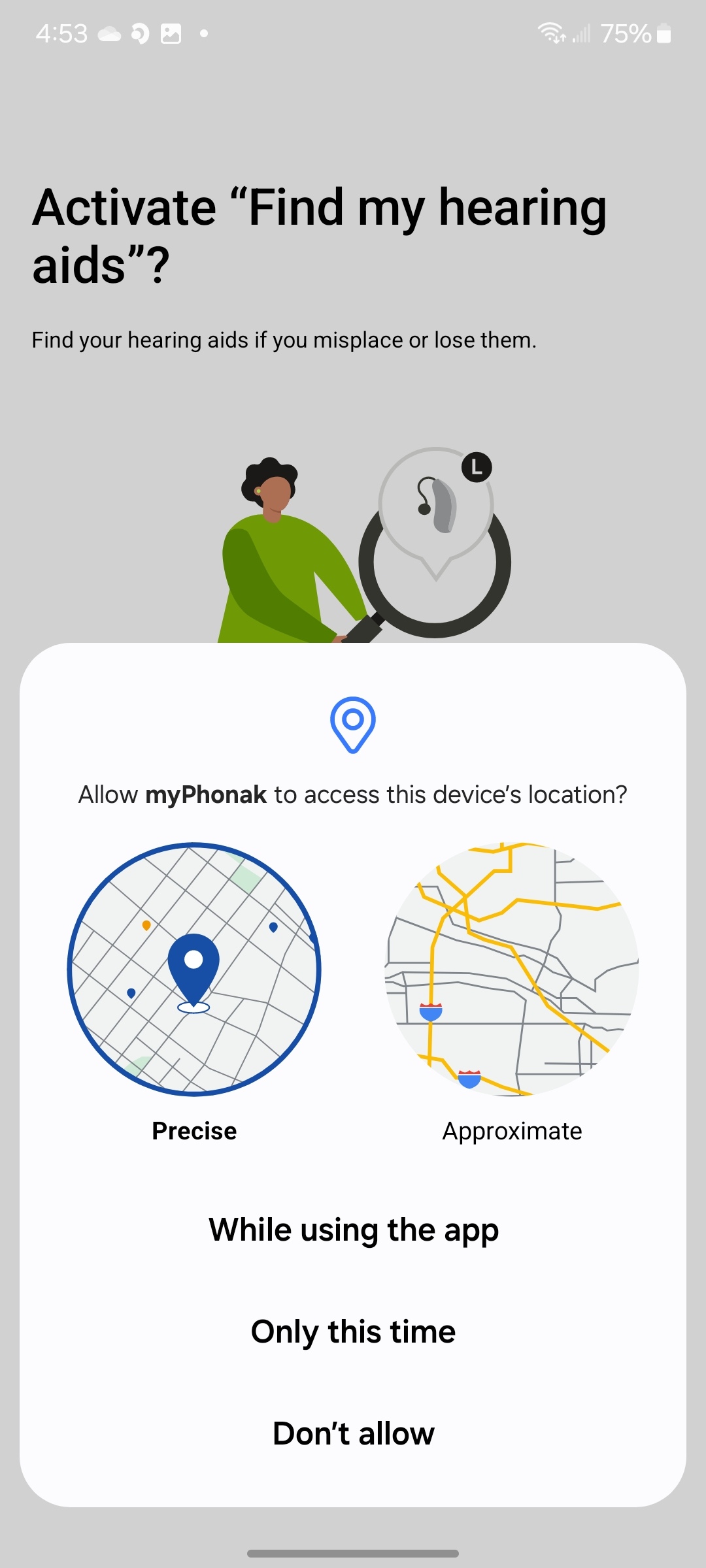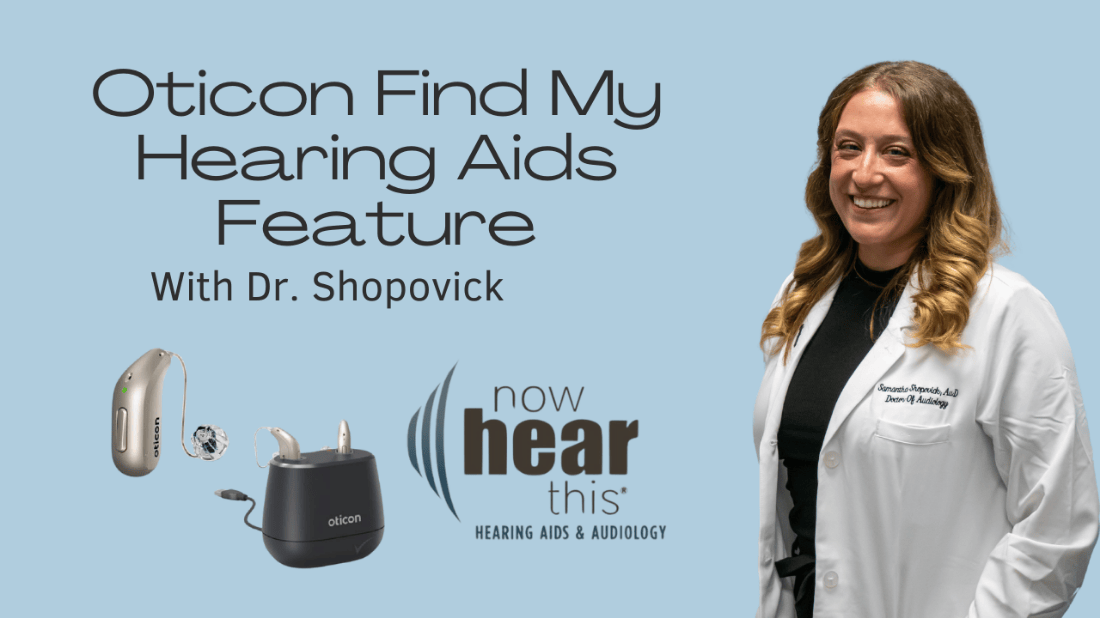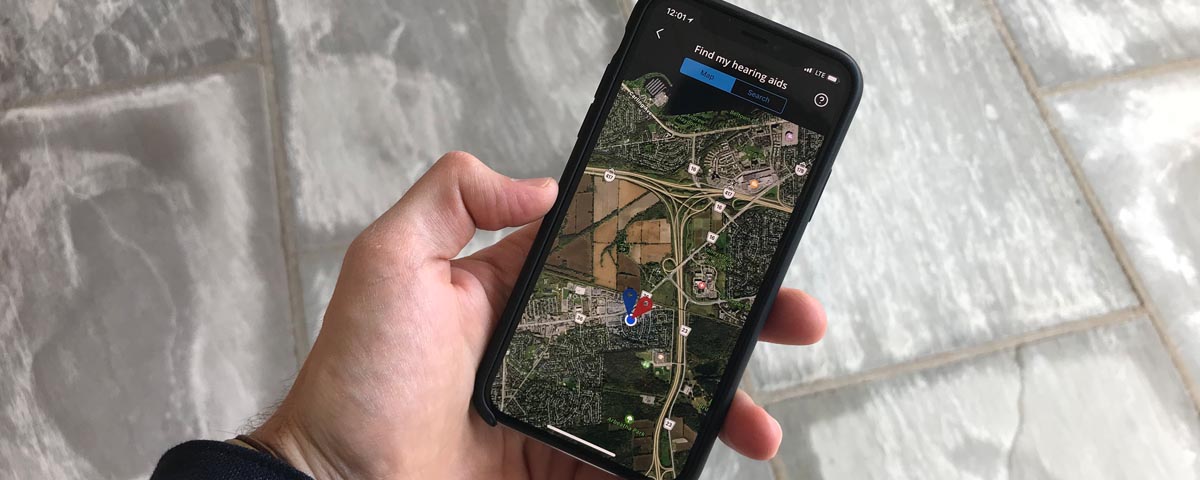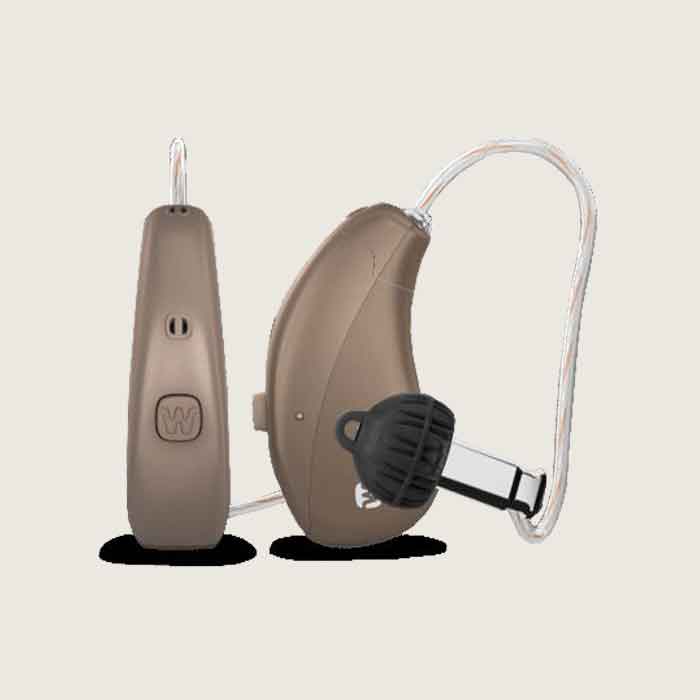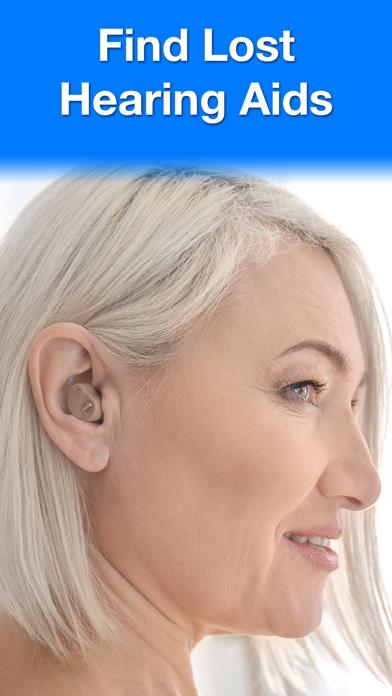How To Find My Hearing Aid

Panic sets in: Your hearing aid is missing. Every sound is muffled, frustration mounts. Don't despair, act fast.
This guide provides a systematic approach to locating your misplaced hearing aid. Time is crucial, as batteries drain and potential damage looms. Follow these steps to maximize your chances of a successful recovery.
First Steps: Immediate Actions
Retrace your steps. Think back to the last time you remember having your hearing aid. Where were you? What were you doing?
Visually scan the immediate area. Check on the floor around where you last remember having it. Look under furniture, in cushions, and on nearby surfaces.
Contact anyone you were with. They may have seen your hearing aid or accidentally picked it up. Quick communication is vital.
Methodical Search: Expanding the Scope
Check common removal locations. These include bathrooms, bedrooms (especially near the bed), and vehicles. Be thorough in these high-probability zones.
Search inside bags and pockets. Clothes that you recently wore are likely candidates. Remember to check all compartments.
Examine laundry areas and hampers. Hearing aids sometimes mistakenly end up in these places. Exercise caution when checking washing machines or dryers. Avoid starting a cycle until a throughout check has been completed.
Advanced Tactics: When Initial Searches Fail
Use a flashlight for enhanced visibility. Check under furniture and in dark corners with a bright light. This can reveal items otherwise missed.
Employ a metal detector (if available). If you suspect the hearing aid is in a larger area like a garden, a metal detector could help. Ensure the device is compatible for small object detection.
Consider using a "find my device" feature (if applicable). Some modern hearing aids have tracking capabilities. Check with your audiologist or manufacturer for instructions.
Prevention: Safeguarding Your Hearing Aid
Establish a designated storage spot. Always place your hearing aid in the same location when not in use. This minimizes the risk of misplacement.
Use a carrying case. Protect your hearing aid when traveling or engaging in activities. A hard case offers the best protection against damage.
Consider an accessory cord. These cords attach the hearing aid to your clothing, preventing accidental loss. This is especially useful for active individuals.
Tips for Specific Hearing Aid Styles
Behind-the-Ear (BTE): Check around the ears, hair, and clothing near the ear. These often become dislodged during activity.
In-the-Ear (ITE): Search in earwax removal kits and on bathroom counters. They may have been removed during cleaning.
In-the-Canal (ITC) / Completely-in-Canal (CIC): These small devices are easily lost. Use a flashlight and magnifying glass for thorough searches. Check inside tissue boxes or earplug cases.
When to Seek Professional Help
If you cannot locate your hearing aid after extensive searching, contact your audiologist. They may have repair programs, cleaning recommendations, or advise about purchasing a replacement.
Inform your insurance company. Your policy might cover replacement costs for lost or damaged hearing aids. Understanding your coverage is important.
Consider a temporary loaner hearing aid. Your audiologist might offer a loaner while you search or await a replacement. This can help you maintain hearing function.
Act quickly. The sooner you start searching, the higher the likelihood of finding your hearing aid. Time is of the essence to prevent battery drain and potential damage.
Ongoing developments: Researchers are constantly improving hearing aid technology, including enhanced tracking capabilities. Keep an eye out for future advancements that can help prevent loss. Contact your audiologist regularly for the latest updates on hearing aid technology.


